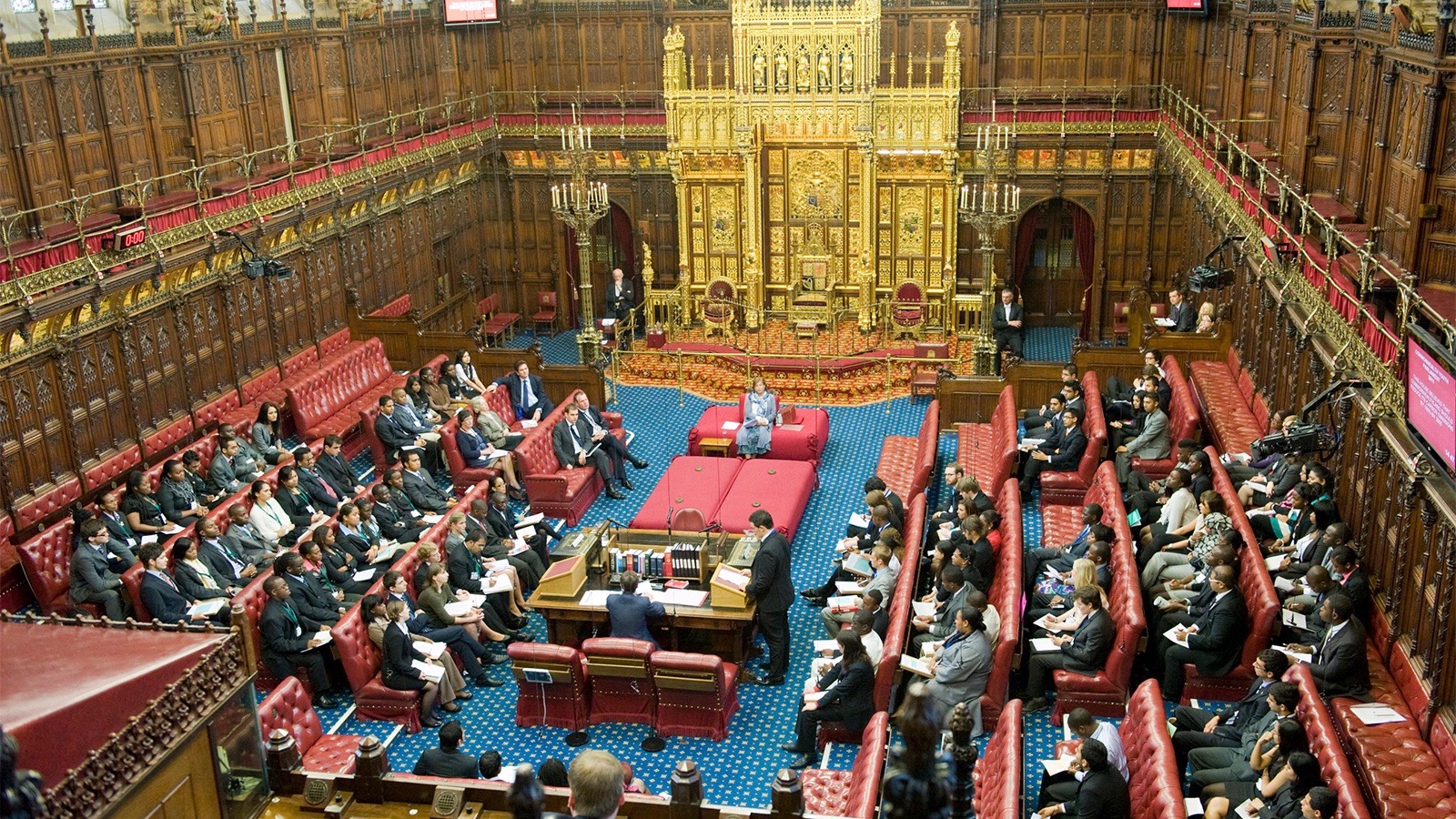Prime minister Boris Johnson faced a major defeat in the British House of Lords on Monday, November 9, after several contentious clauses of his government’s proposed Internal Market Bill were voted down in the early legislative stage. The majority in the upper house voted against the clauses which would breach the existing treaty signed by the UK and the European Union (EU) in January this year to enable Brexit.
The vote comes at a time when the Johnson government is engaged in crucial negotiations with the EU over a future free trade agreement. Despite the loss, the government is expected to continue to push for the struck down clauses in the later legislative stages of the bill. While the House of Lords is dominated by the opposition and several independents, the government holds a majority in the lower parliamentary chambers, the House of Commons.
The Internal Market Bill, if passed, would render several clauses and protocols in the existing Brexit bill, related to Northern Ireland and Ireland, ineffective. The government defended the bill as a back-up legislation in case upcoming negotiations with the EU on the status of Northern Ireland do not bear fruit.
As per the exit agreement signed earlier, the UK and Northern Ireland are to be considered as a single entity in future trade negotiations, but Northern Ireland must have a separate set of regulations on goods and services, in line with the EU Single Market. This places the effective EU-UK trade border between Great Britain and the island of Ireland. However, the Internal Market Bill proposed universalizing the regulations regime for the whole country, thus removing the special status for Northern Ireland.
The opposition has called the government’s proposed bill an attempt to hasten a hard border between the two Irish sides. Many, including Lord Robin Eames, the Archbishop of the Irish part of the Anglican Church, have expressed fear that the move can undo the peace maintained in the region by the Good Friday Agreement.
Foriegn minister of the Republic of Ireland, Simon Coveney, also reacted sharply against the attempted amendments to the exit agreement. Ireland has stated that a new deal will not be possible if the UK undermines the Brexit agreement passed earlier this year, saying that “trust and good faith matters.”
The British government and the EU leadership are currently holding negotiations in London over a future trade deal. The exit agreement binds the UK to EU laws on various aspects of trade, competition, and rights over the shared maritime space until the end of this year. Even though there is less than two months to go, the negotiations are nowhere near conclusion.





